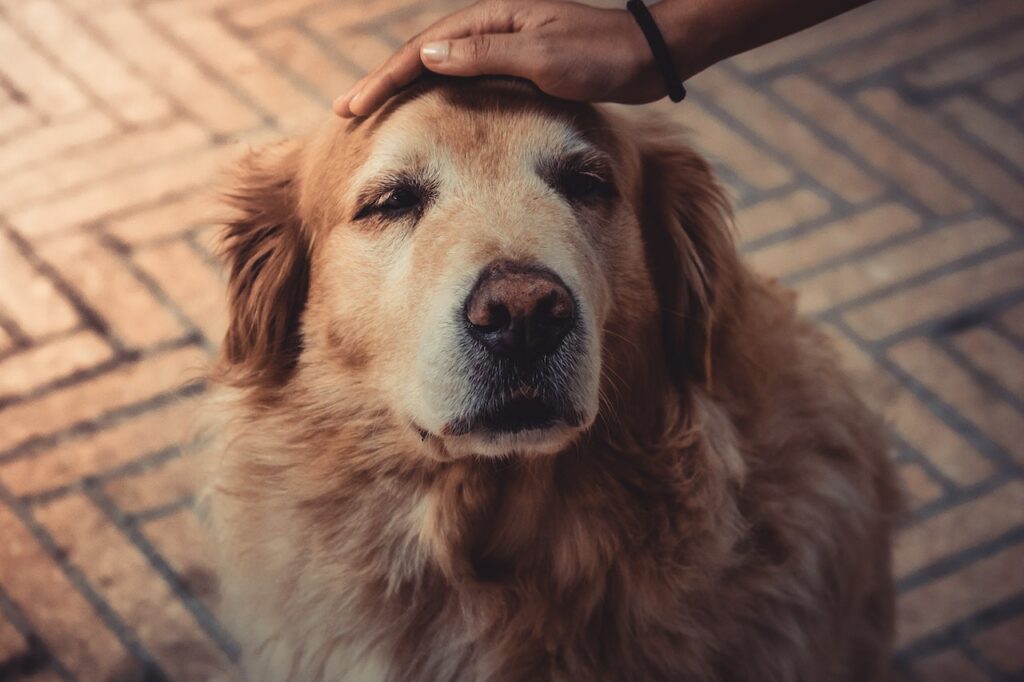Understanding Hiatal Hernia in Dogs
Are you worried your beloved dog may suffer from a hiatal hernia? This potentially life-threatening condition can cause pain and discomfort If you want to ensure your pet is safe and healthy, read on! in dogs. This article will provide all the information you need to know about hiatal hernia read on!
Overview of Hiatal Hernia
A hiatal hernia is a condition that affects the diaphragm in dogs and results from the protrusion of a part of the stomach through an opening in the diaphragm. If left untreated, this condition can lead to significant health complications for your pup, so it is important to be aware of the symptoms and seek medical attention if needed.
Symptoms To Be Aware Of
Common signs include difficulty breathing, restlessness, inability to eat or drink, lack of energy, and vomiting. Additionally, Hiatal hernias may also cause pain due to pressure on nerves and blood vessels and gas buildup in the chest cavity, making it difficult for your pup to breathe properly. It is also important to note that these symptoms could indicate other conditions, such as gastric dilatation-volvulus (GDV), so always seek professional advice if you are concerned about your pet’s health.
Symptoms Of Hiatal Hernia In Dogs
- Difficulty breathing
- Restlessness
- Inability to eat or drink
- Lack of energy
- Vomiting
Diagnosis and Treatment
Several treatment options are available depending on severity, including medications such as anti-inflammatory drugs or surgery depending on diagnosis and preference. Your vet can help determine the best course of action for your pet once they have identified the underlying cause behind its symptoms.
Treatment Options For Hiatal Hernia In Dogs
- Medications (anti-inflammatories)
- Surgery (if necessary)
- Managing associated medical conditions appropriately.
- (e.g diabetes)
- Regular exercise
- Nutrition tailored specifically to their needs
Prevention Tips
It is not always possible to avoid this condition. Still, you can take certain steps that may help reduce the risk, such as ensuring your pup does not become overweight by providing regular exercise and a tailored nutrition plan, along with ensuring any background medical conditions are managed accordingly. Additionally, avoid strenuous activities or contact sports, which may increase the likelihood of injury.
If you’re worried about a hiatal hernia in your beloved pup, the best action is to get them insured with furrr.co.uk. With a comprehensive pet insurance plan, you can rest assured that your furry friend will be covered against unexpected health complications and associated vet bills. Get started today and enjoy peace of mind knowing your pup is getting the care they deserve!










